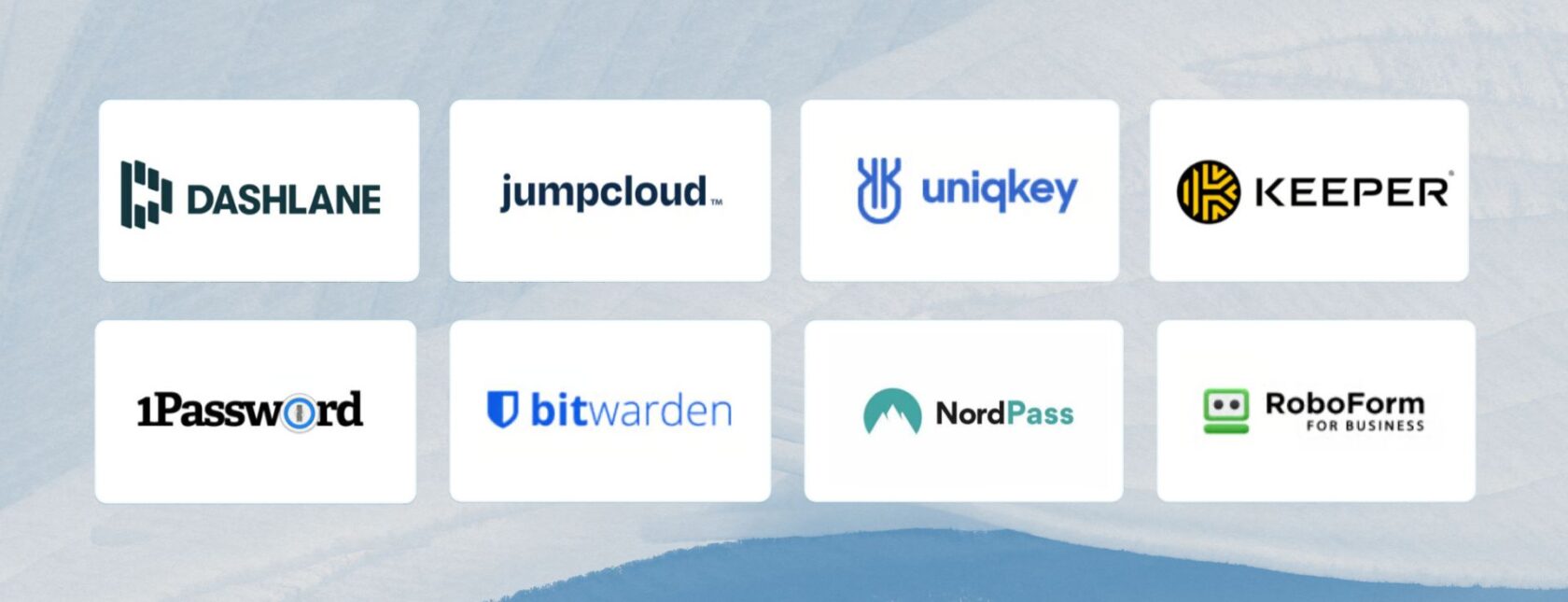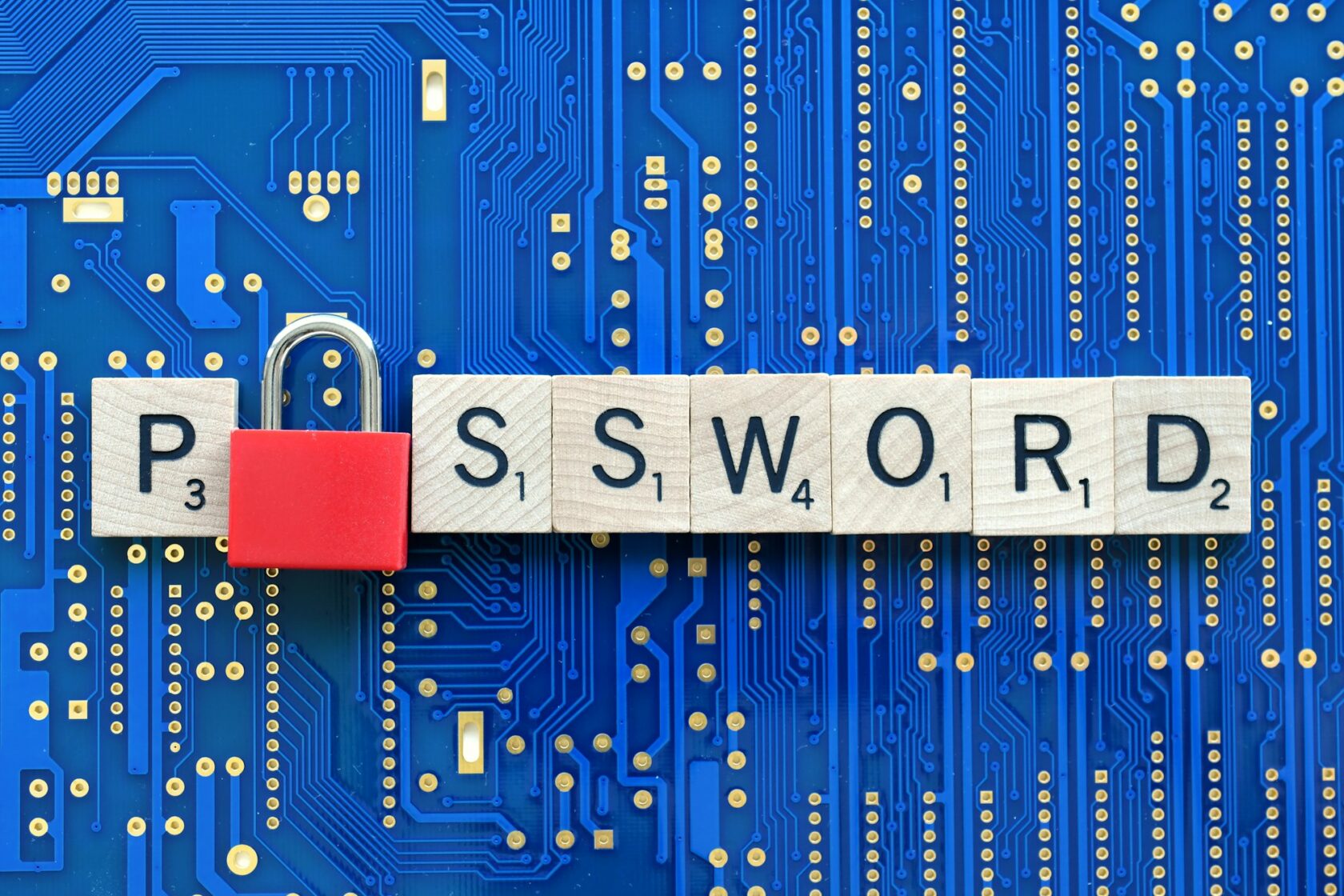In this hyperconnected world, nearly every platform, application, or service we use requires a password. It can be exhausting trying to remember all those passwords, each supposedly unique and complex, for the sake of our online security. But here’s the good news: help is at hand. A tool exists that can make password management a breeze. In this blog post, we will delve into the world of password managers, showing how they can simplify your online life.
Table of Contents
The Plight of Modern Password Management
As technology advances and as more aspects of our lives move online, there’s been a proportional increase in the number of accounts we maintain. The majority of us juggle multiple online identities: from emails, and social media platforms, to online banking, each with its own password. The challenge lies in maintaining unique, complex passwords for each account—a critical practice, considering that the reuse of passwords makes you more vulnerable to cyber-attacks. But how do we remember all these passwords without resorting to risky shortcuts like writing them down or using overly simple passwords?
What is a Password Manager?

A password manager is a digital tool designed to store and manage online credentials. You can look at them as digital vaults (locked with a master password) that secure important details. Your data is encrypted and only the master password (which only you know) can unlock it. Most password managers will even generate high-strength, random passwords for your accounts, lowering the risk of your passwords being easily hacked.
The Benefits of Using a Password Manager
The main advantage of password managers is convenience. You no longer have to remember multiple passwords—just the master password—to gain access to all your accounts. But the benefits go beyond that. Apart from securing your credentials with encryption, password managers also offer an autofill feature making logins quick and painless. Some password managers even warn you about weak or duplicate passwords and offer seamless secure sharing of passwords with those you trust.
How to Choose the Right Password Manager

Choosing the right password manager is a critical decision that can significantly impact your online security and convenience. A password manager not only stores all your passwords in one secure place but also helps generate strong, unique passwords for each of your online accounts, reducing the risk of cyber threats. Here’s a comprehensive guide to help you choose the right password manager that meets your needs.
Also Read:
- Upgrade Security Measures With Password Managers
- How to Remove Lost Login Password in Windows 7 and 8
- How to Keep Your Kids Safe Online: A Comprehensive Cyber Security Guide
- Cybersecurity 101 – How to Spot the Most Common Types of Malware
Security is Paramount
The primary function of a password manager is to keep your passwords secure, so the security features it offers are paramount. Look for password managers that provide end-to-end encryption with a zero-knowledge protocol, which means even the service provider cannot access your data. AES-256 encryption is currently the industry standard for security. Additionally, options for two-factor authentication (2FA) or multi-factor authentication (MFA) add an extra layer of security.
Ease of Use
The best password manager is one that you will consistently use. Therefore, its user interface should be intuitive and user-friendly. Features like one-click login, automatic form filling, and the ability to easily add new passwords are important for a seamless experience. Most reputable password managers offer browser extensions and mobile apps to allow for easy access across devices and platforms.
Cross-platform Compatibility
In today’s digital age, we access online accounts from multiple devices, including smartphones, tablets, laptops, and desktop computers. Choosing a password manager that works across all your devices and browsers ensures that your passwords are always accessible, regardless of the platform you’re on. Cross-platform compatibility enhances your online experience by synchronizing your passwords in real time across devices.
Pricing
While there are free password managers that offer basic features, premium versions typically provide enhanced security features, unlimited storage, and the convenience of sharing passwords securely with family or team members. Assess your needs and compare the pricing plans of different password managers. Some may offer a family plan, business plan, or individual premium plans. Remember, investing in a password manager is investing in your online security and peace of mind.
Storage and Sharing Capabilities
Consider the amount of storage offered and the ease with which you can organize and retrieve your passwords and secure notes. The ability to share passwords securely with family members or team members without actually revealing the password itself is a useful feature for collaborative work environments or managing household accounts.
Customer Support
Good customer support can be invaluable, especially if you encounter issues with your account. Look for a password manager that offers responsive customer support through multiple channels like email, chat, or phone. User forums, FAQs, and help articles are also useful resources for troubleshooting common issues.
Additional Features
Some password managers offer additional features like password auditing, where the tool analyzes your passwords and identifies weak, reused, or compromised passwords. Others may include secure storage options for personal documents, emergency access for loved ones in case of an unforeseen event, and even dark web monitoring services to alert you if your information is found on the dark web.
Reputation and Reviews
Lastly, the reputation of a password manager is an important consideration. Look for reviews from trusted sources and feedback from current users to gauge the reliability and performance of the tool. The length of time a company has been in business, as well as its response to any security breaches, can also provide insights into its trustworthiness and reliability.
Setting Up Your Password Manager

Setting up your password manager is straightforward. You start by signing up for the service, creating your master password (which should be strong and memorable), and installing the software on your devices. You can then import your existing passwords or set up new accounts through the manager. It’s also advisable to set up two-factor authentication for an added layer of security.
Best Practices for Using a Password Manager
While password managers simplify password management, best practices should be followed for optimum safety. Make sure your master password is strong and never shared. Regularly update your passwords, ensuring they are unique and complex. Lastly, make use of all offered security features—like two-factor authentication or biometric access.
Overcoming Common Concerns and Objections
It’s natural to have concerns about storing all your passwords in one place. What if the password manager gets hacked? Though this concern is valid, remember that reputable password managers utilize strong encryption methods—making a breach highly unlikely. Also, they don’t store your master password anywhere, meaning only you can access your vault of passwords.
The Future of Password Management
As we move forward, biometrics and other authentication methods show promise in making our online transactions even more secure. That being said, password managers will remain a crucial tool in enhancing cybersecurity due to their capacity to adapt to these emerging technologies and continue offering secure and convenient password management.
Conclusion
In today’s digital age, using a password manager is more a necessity than a luxury. By managing your passwords, it ensures that your accounts remain secure while you enjoy uninterrupted, streamlined access to your online platforms. Don’t become another statistic in the realm of online security breaches – embrace the convenience of a password manager and say goodbye to forgotten passwords. It’s time to reclaim your peace of mind and focus on what truly matters.

